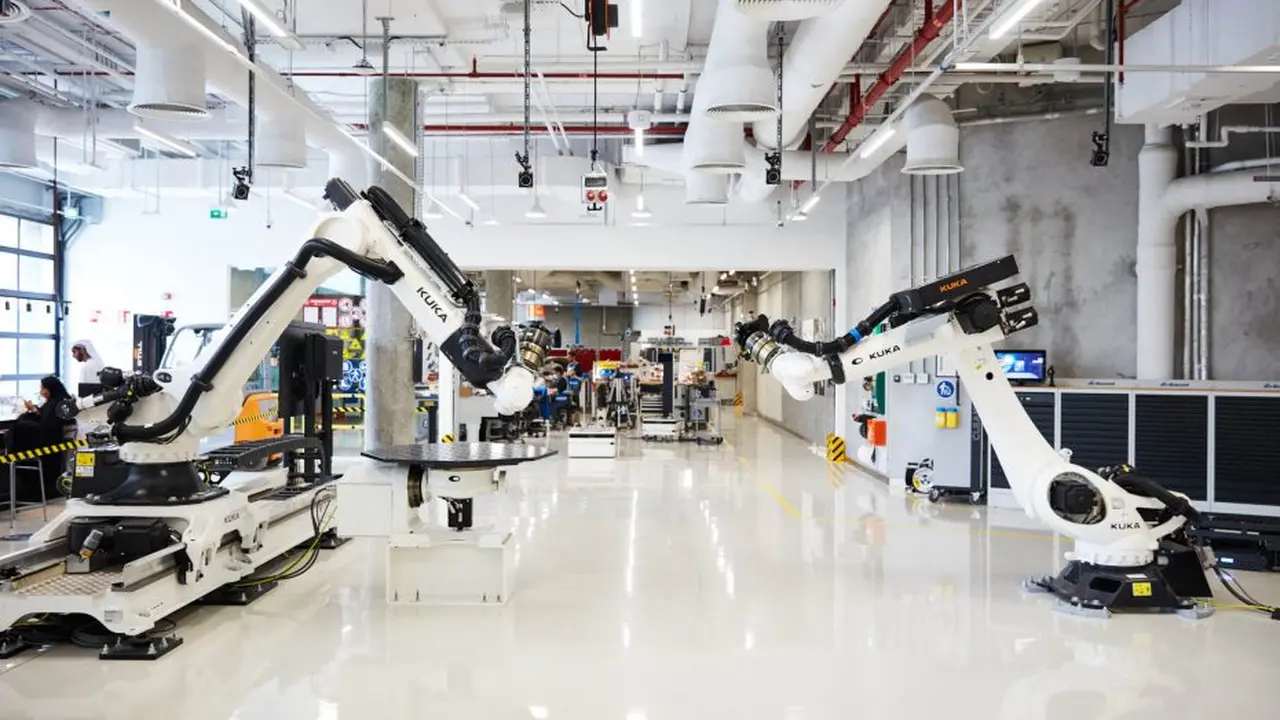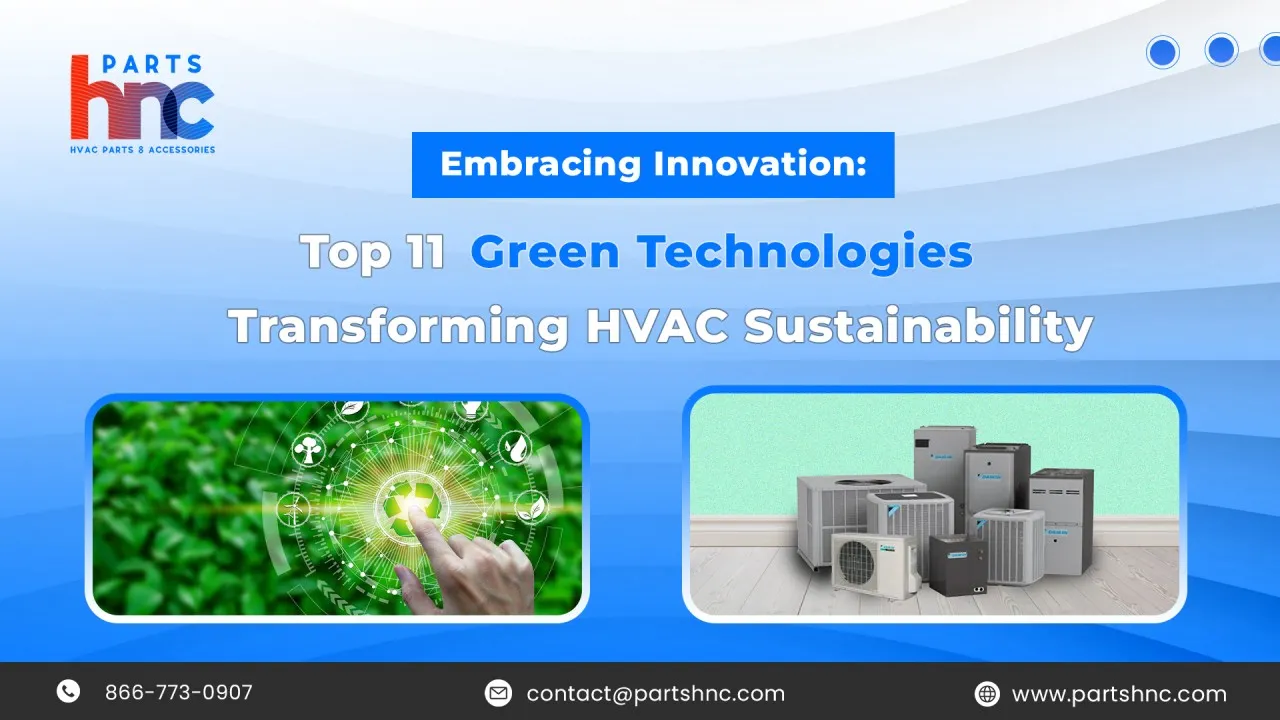Dubai's Ambitious Plan for Robot Integration

Dubai's Ambitious Plan for Robot Integration A comprehensive exploration of robotics advancements in Dubai including product recommendations use cases comparisons and pricing details.
Dubai Robotics Market Overview Current Landscape and Future Trends
Let's dive into the vibrant world of robotics in Dubai. It's not just about futuristic fantasies anymore it's a tangible reality shaping the city's infrastructure economy and daily life. The current landscape is a fascinating mix of research development and practical implementation. We're seeing robots deployed in various sectors from logistics and manufacturing to healthcare and hospitality. The UAE government particularly Dubai has been incredibly supportive providing funding incentives and regulatory frameworks that encourage innovation and adoption.
What's driving this growth? Several factors are at play. Dubai's strategic location as a global trade hub its commitment to technological advancement through initiatives like the Dubai 2040 Urban Master Plan and its willingness to embrace cutting-edge solutions all contribute significantly. The city's focus on sustainability and efficiency also fuels the demand for robotic solutions that can optimize resource utilization and reduce environmental impact.
Looking ahead the future trends point towards even greater integration of robotics across all sectors. We can expect to see more sophisticated robots capable of performing complex tasks increased automation in industries like construction and agriculture and the development of AI-powered robots that can learn adapt and make decisions autonomously. The focus will also be on developing robots that are more human-friendly and can seamlessly interact with people in public spaces.
Robotics Applications in Dubai Real World Examples and Use Cases
Now let's get into the nitty-gritty of how robots are actually being used in Dubai. Forget science fiction this is about real-world applications that are transforming the city.
Logistics and Transportation: Think about the sheer scale of Dubai's logistics operations with its bustling ports airports and warehouses. Robots are playing a crucial role in automating tasks such as cargo handling inventory management and last-mile delivery. Autonomous vehicles are being tested and deployed for transporting goods and people reducing congestion and improving efficiency. We're talking about drones delivering packages robotic arms sorting items in warehouses and self-driving trucks hauling cargo across the city.
Healthcare: The healthcare sector is another area where robotics is making significant strides. Surgical robots are assisting surgeons with complex procedures improving precision and reducing recovery times. Robots are also being used for rehabilitation therapy dispensing medication and providing companionship to elderly patients. Imagine robots performing minimally invasive surgeries delivering personalized care and improving the overall patient experience.
Construction: Dubai's ambitious construction projects often push the boundaries of engineering and technology. Robots are being used to automate tasks such as bricklaying welding and concrete pouring speeding up construction timelines and improving safety. 3D printing technology is also being used to create entire buildings using robotic arms and specialized materials. This is revolutionizing the construction industry reducing labor costs and enabling the creation of innovative designs.
Hospitality: Dubai's world-class hospitality industry is embracing robotics to enhance the guest experience. Robots are being used to greet guests deliver room service and provide concierge services. They can also be used to clean rooms prepare food and entertain guests. Imagine robots checking you into your hotel serving you drinks at the bar and providing personalized recommendations for local attractions.
Security and Surveillance: With its commitment to safety and security Dubai is using robots to enhance its surveillance capabilities. Robots are being deployed to patrol public spaces monitor traffic and detect suspicious activity. They can be equipped with cameras sensors and communication devices providing real-time information to law enforcement agencies. This is helping to create a safer and more secure environment for residents and visitors.
Top Robotics Companies in Dubai Leading the Innovation Wave
Who are the key players driving this robotics revolution in Dubai? Let's take a look at some of the top companies that are leading the innovation wave.
DGWorld: DGWorld is a Dubai-based company specializing in autonomous driving solutions for various industries including logistics transportation and cleaning. They develop and deploy self-driving vehicles robots and software platforms that enable businesses to automate their operations and improve efficiency. They are heavily involved in port automation and industrial logistics.
Thermocopy Emirates LLC: While not strictly a robotics company Thermocopy Emirates focuses on automation and industrial solutions often incorporating robotic elements into their systems. They provide a wide range of services including process automation control systems and industrial instrumentation serving clients across various sectors.
Al Nabooda Automobiles: Primarily known for automotive sales and services Al Nabooda Automobiles is increasingly involved in the development and deployment of robotic solutions for the automotive industry. This includes automated vehicle maintenance repair and inspection systems.
Other Key Players: In addition to these companies there are numerous other players in the Dubai robotics market including international robotics manufacturers research institutions and startups. These companies are working on a wide range of projects from developing advanced robotics components to creating innovative robotics applications.
It's important to note that the robotics landscape in Dubai is constantly evolving with new companies and technologies emerging all the time. The government's support for innovation and the city's vibrant business environment are attracting talent and investment from around the world making Dubai a hub for robotics development.
Robotics Product Recommendations for Dubai Businesses and Individuals
So you're interested in incorporating robotics into your business or personal life in Dubai? Great! Here are some specific product recommendations based on different needs and applications.
For Logistics and Warehousing:
- Boston Dynamics Spot: While expensive Spot's versatility makes it invaluable for warehouse inspection security and data collection. It can navigate complex environments and provide real-time data on inventory levels equipment status and potential safety hazards. Pricing: $74,500
- Locus Robotics LocusBots: These collaborative robots work alongside human workers in warehouses automating order fulfillment and improving efficiency. They are easy to deploy and integrate with existing warehouse management systems. Pricing: Subscription-based model varies depending on the number of robots and usage.
- Fetch Robotics Pallet Transport: These autonomous mobile robots (AMRs) are designed to transport pallets and other heavy items within warehouses. They can navigate dynamically around obstacles and adapt to changing environments. Pricing: Approximately $50,000 - $100,000 per robot depending on configuration.
For Healthcare:
- da Vinci Surgical System (Intuitive Surgical): This robotic surgical system allows surgeons to perform minimally invasive procedures with greater precision and control. It is used in a wide range of specialties including urology gynecology and general surgery. Pricing: $2 million - $2.5 million per system plus ongoing maintenance and training costs.
- Moxi (Diligent Robotics): Moxi is a collaborative robot designed to assist nurses and other healthcare professionals with routine tasks such as delivering supplies medications and lab samples. This frees up nurses to focus on more critical patient care activities. Pricing: Lease-based model with monthly fees ranging from $10,000 - $20,000 depending on features and usage.
- Paro Therapeutic Robot: This robotic seal is designed to provide companionship and emotional support to patients in hospitals and nursing homes. It responds to touch sound and light and can help reduce anxiety and depression. Pricing: Approximately $6,000 - $8,000 per robot.
For Hospitality:
- Savioke Relay: This autonomous delivery robot is designed to deliver items such as food beverages and amenities to guests in hotels. It can navigate elevators and hallways and interact with guests in a friendly and efficient manner. Pricing: Lease-based model with monthly fees ranging from $2,000 - $4,000 per robot.
- UBTech Walker X: This humanoid robot can greet guests provide information and perform simple tasks such as carrying luggage. It is designed to enhance the guest experience and create a memorable impression. Pricing: Varies significantly depending on customization and features typically starting around $50,000.
For Home Use (Luxury & Convenience):
- iRobot Roomba j7+: While a basic example this robotic vacuum cleaner is a staple for automated home cleaning. It can learn your home's layout avoid obstacles and even recognize pet waste. Pricing: $599 - $849.
- Aeolus Robotics Robot: This multi-functional robot can perform a variety of tasks including cleaning security and elder care. It can navigate your home autonomously respond to voice commands and even monitor your vital signs. Pricing: Estimated to be around $20,000 - $30,000 but availability is limited.
Important Considerations: Before investing in any robotics product it's important to carefully consider your specific needs budget and technical capabilities. It's also crucial to research the vendor's reputation support services and warranty policies. Don't forget to factor in training and integration costs as well.
Robotics Product Comparison Key Features and Performance Metrics
Choosing the right robotics product can be overwhelming. Let's compare some of the popular options based on key features and performance metrics.
Autonomous Mobile Robots (AMRs) for Warehousing:
| Feature | Locus Robotics LocusBot | Fetch Robotics Pallet Transport | MiR (Mobile Industrial Robots) MiR250 |
|---|---|---|---|
| Navigation | Vision-based SLAM | Laser-based SLAM | Laser-based SLAM |
| Payload Capacity | Up to 30 kg | Up to 1250 kg | Up to 250 kg |
| Speed | Up to 2 m/s | Up to 1.5 m/s | Up to 2 m/s |
| Battery Life | 8-10 hours | 8-10 hours | 8-10 hours |
| Integration | Easy integration with WMS | Requires more complex integration | Requires more complex integration |
| Price | Subscription-based | $50,000 - $100,000 | $40,000 - $60,000 |
Key Takeaways: LocusBots are ideal for collaborative order fulfillment while Fetch Robotics Pallet Transport is better suited for heavy-duty material handling. MiR robots offer a balance of payload capacity and maneuverability.
Surgical Robots:
| Feature | da Vinci Surgical System | Medtronic Hugo RAS System |
|---|---|---|
| Surgical Approach | Minimally invasive | Minimally invasive |
| Specialties | Urology gynecology general surgery | Urology gynecology general surgery |
| Visualization | 3D HD visualization | 3D HD visualization |
| Precision | Enhanced precision and control | Enhanced precision and control |
| Training | Extensive training required | Extensive training required |
| Price | $2 million - $2.5 million | Estimated to be similar to da Vinci |
Key Takeaways: Both systems offer similar capabilities in terms of minimally invasive surgery precision and visualization. The choice depends on factors such as surgeon preference hospital infrastructure and cost considerations. Medtronic's Hugo is a newer competitor aiming to challenge da Vinci's dominance.
Service Robots for Hospitality:
| Feature | Savioke Relay | UBTech Walker X |
|---|---|---|
| Functionality | Delivery of items to hotel guests | Greeting guests providing information |
| Navigation | Autonomous navigation elevators hallways | Autonomous navigation limited mobility |
| Interaction | Pre-programmed interactions | Natural language processing facial recognition |
| Appearance | Functional and utilitarian | Humanoid appearance |
| Price | Lease-based $2,000 - $4,000/month | Estimated $50,000+ |
Key Takeaways: Savioke Relay is a practical solution for automating deliveries while UBTech Walker X is designed to enhance the guest experience with its humanoid appearance and interactive capabilities. The choice depends on the specific needs and budget of the hotel.
Robotics Pricing Details Cost Analysis and ROI Considerations
Let's talk money. Investing in robotics involves significant upfront and ongoing costs. It's crucial to understand these costs and analyze the potential return on investment (ROI) before making a decision.
Types of Costs:
- Initial Purchase Price: This is the cost of the robot itself which can range from a few hundred dollars for a simple robotic vacuum cleaner to millions of dollars for a sophisticated surgical robot.
- Installation and Integration Costs: These costs include the expenses associated with installing the robot integrating it with existing systems and configuring it for your specific application.
- Training Costs: Training your employees to operate and maintain the robot is essential. This can involve both formal training programs and on-the-job training.
- Maintenance Costs: Robots require regular maintenance to ensure optimal performance and prevent breakdowns. This includes routine inspections repairs and replacement of parts.
- Operating Costs: These costs include the expenses associated with operating the robot such as electricity consumables and software licenses.
- Insurance Costs: You may need to purchase insurance to cover the robot in case of accidents or damage.
Cost Analysis Example: Autonomous Mobile Robot (AMR) for Warehousing
Let's assume you're considering purchasing an AMR for your warehouse. Here's a breakdown of the potential costs:
- Purchase Price: $50,000
- Installation and Integration: $10,000
- Training: $5,000
- Maintenance (Annual): $5,000
- Operating Costs (Annual): $2,000
- Insurance (Annual): $1,000
Total Cost (Year 1): $73,000
Annual Cost (Years 2+): $8,000
ROI Considerations: To determine the ROI you need to estimate the potential benefits of using the robot. This can include:
- Increased Productivity: Robots can often perform tasks faster and more efficiently than human workers.
- Reduced Labor Costs: By automating tasks robots can reduce the need for human labor.
- Improved Accuracy: Robots are less prone to errors than human workers.
- Enhanced Safety: Robots can perform tasks that are dangerous or hazardous for human workers.
- Increased Throughput: Robots can help to increase the overall throughput of your operations.
ROI Calculation: Let's assume that the AMR increases productivity by 20% and reduces labor costs by $20,000 per year. The ROI can be calculated as follows:
Annual Savings: $20,000
Annual Costs: $8,000
Net Annual Savings: $12,000
ROI (Year 1): ($12,000 - $73,000) / $73,000 = -83.6%
ROI (Years 2+): ($12,000 - $8,000) / $8,000 = 50%
In this example the initial investment in the AMR results in a negative ROI in the first year. However the ROI becomes positive in subsequent years as the savings accumulate. It's important to consider the payback period and the long-term benefits of the investment.
Financing Options: Several financing options are available for robotics investments including leasing loans and government grants. Leasing can be a good option for businesses that want to avoid a large upfront investment. Loans can provide access to capital but may require collateral. Government grants can help to offset the cost of robotics investments but are often competitive.
Robotics Skills and Training Opportunities in Dubai
The rise of robotics in Dubai is creating a growing demand for skilled workers who can design develop operate and maintain these systems. Fortunately there are several training opportunities available in Dubai to help individuals acquire the necessary skills.
Universities and Colleges:
- American University in Dubai (AUD): AUD offers degree programs in engineering and computer science that provide students with a foundation in robotics. They also have research labs that focus on robotics and automation.
- University of Wollongong in Dubai (UOWD): UOWD offers degree programs in engineering and computer science with specializations in areas such as mechatronics and automation.
- BITS Pilani Dubai Campus: BITS Pilani offers engineering programs with a focus on practical applications including robotics.
- Higher Colleges of Technology (HCT): HCT offers diploma and degree programs in engineering technology that provide students with hands-on training in robotics and automation.
Vocational Training Centers:
- Dubai Technology Entrepreneur Centre (DTEC): DTEC offers workshops and training programs on various topics related to robotics and automation.
- Emirates Skills: Emirates Skills organizes competitions and training programs that promote technical skills including robotics.
Online Courses:
- Coursera: Coursera offers a wide range of online courses on robotics from top universities around the world.
- edX: edX also offers a variety of online courses on robotics and related topics.
- Udemy: Udemy has numerous courses focusing on specific robotics skills such as ROS (Robot Operating System) Python programming and CAD design.
Essential Skills:
- Programming: Proficiency in programming languages such as Python C++ and Java is essential for developing and programming robots.
- Robotics Operating System (ROS): ROS is a widely used open-source framework for robotics software development.
- Mechanical Engineering: Knowledge of mechanical engineering principles is important for designing and building robots.
- Electrical Engineering: Understanding of electrical engineering concepts is necessary for working with the electrical components of robots.
- Computer Vision: Computer vision is the ability of robots to "see" and interpret images.
- Artificial Intelligence (AI): AI is playing an increasingly important role in robotics enabling robots to learn adapt and make decisions autonomously.
- CAD Design: Computer-aided design (CAD) is used to create 3D models of robots and their components.
Career Opportunities:
A robotics education can lead to a variety of career opportunities in Dubai including:
- Robotics Engineer: Design develop and test robots.
- Automation Engineer: Design and implement automation systems.
- Robotics Technician: Install maintain and repair robots.
- Software Engineer: Develop software for robots and automation systems.
- AI Engineer: Develop AI algorithms for robots.
The demand for robotics skills in Dubai is expected to continue to grow in the coming years as the city embraces robotics and automation across various sectors. Investing in robotics education and training can provide individuals with valuable skills that are in high demand.
Dubai Robotics Regulations Ethical Considerations and Future Challenges
As robotics becomes more prevalent in Dubai it's important to address the regulatory ethical and societal challenges that arise. The UAE government is actively working on developing regulations and guidelines to ensure the responsible and ethical use of robotics.
Regulatory Framework:
The UAE government is developing a comprehensive regulatory framework for robotics that covers areas such as:
- Safety: Ensuring the safe operation of robots and preventing accidents.
- Security: Protecting robots from cyberattacks and unauthorized access.
- Privacy: Protecting the privacy of individuals who interact with robots.
- Liability: Determining liability in case of accidents or damages caused by robots.
- Data Governance: Managing the data collected by robots in a responsible and ethical manner.
Ethical Considerations:
The use of robots raises several ethical considerations including:
- Job Displacement: The automation of tasks by robots could lead to job displacement for human workers.
- Bias and Discrimination: Robots can be programmed with biases that could lead to unfair or discriminatory outcomes.
- Autonomy and Control: The level of autonomy that robots should have and who should be responsible for their actions.
- Human-Robot Interaction: Ensuring that robots interact with humans in a respectful and ethical manner.
Future Challenges:
Some of the future challenges facing the robotics industry in Dubai include:
- Developing a skilled workforce: Ensuring that there are enough skilled workers to design develop operate and maintain robots.
- Addressing public concerns: Allaying public fears about the impact of robotics on jobs and society.
- Promoting innovation: Encouraging innovation and investment in robotics research and development.
- Ensuring cybersecurity: Protecting robots from cyberattacks and unauthorized access.
- Addressing ethical concerns: Developing ethical guidelines for the use of robots.
The Role of Government:
The UAE government has a crucial role to play in shaping the future of robotics in Dubai. This includes:
- Developing regulations: Creating a clear and comprehensive regulatory framework for robotics.
- Investing in education and training: Supporting robotics education and training programs.
- Promoting research and development: Funding robotics research and development projects.
- Engaging with the public: Communicating with the public about the benefits and risks of robotics.
- Fostering collaboration: Encouraging collaboration between government industry and academia.
By addressing these challenges and working collaboratively the UAE can ensure that robotics is used in a responsible and ethical manner to benefit society and drive economic growth.
:max_bytes(150000):strip_icc()/277019-baked-pork-chops-with-cream-of-mushroom-soup-DDMFS-beauty-4x3-BG-7505-5762b731cf30447d9cbbbbbf387beafa.jpg)






